Best Business Books 2021
Writers at strategy+business choose the best reads of the year in seven categories.
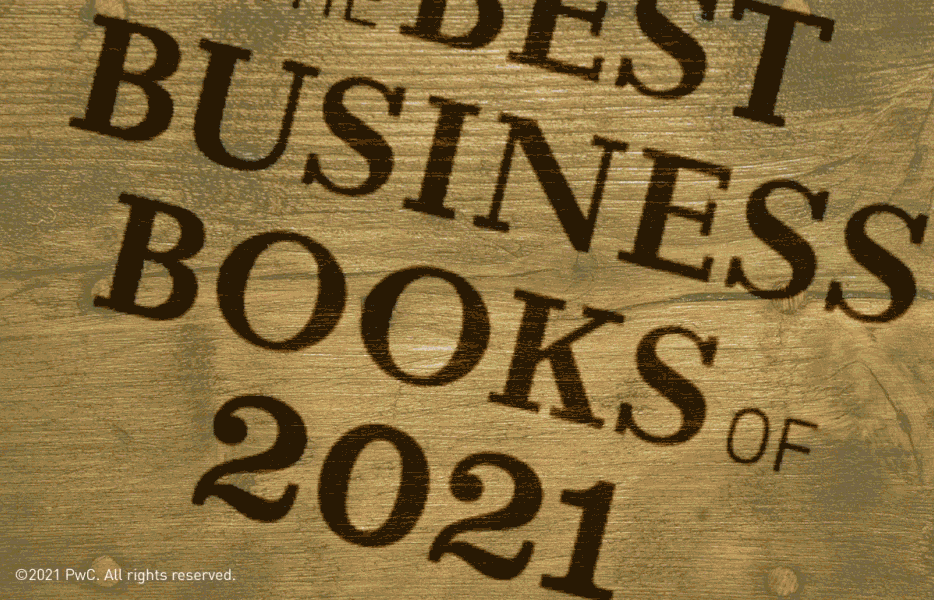
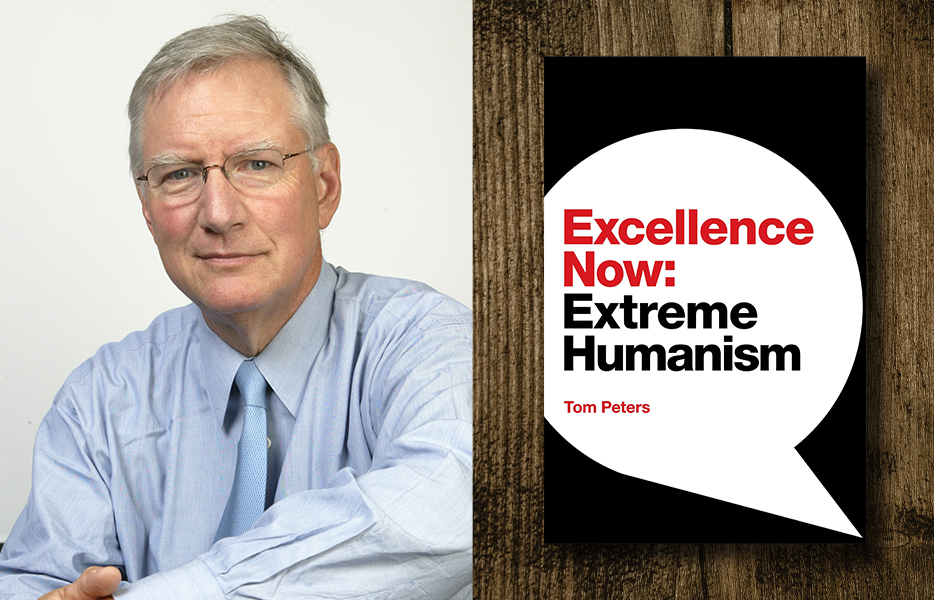
Leadership
Tom Peters’s Excellence Now: Extreme Humanism (Networlding Publishing and un/teaching, 2021) captures the highlights of a lifetime of reading, thinking, and making observations by the man who rocketed to fame in 1982 when he and Robert H. Waterman published In Search of Excellence, one of the most successful business books of all time. Many of Peters’s traditional themes are here, including a conception of excellence as a way of life and business as a path of virtue. Small is preferred to large, and action to inertia. Get your hands dirty. Treasure your frontline managers, and treat your part-timers right, too. For heaven’s sake, get out and talk to customers, and listen to people. Apologize when you need to, and do so like you mean it. Profit is hardly mentioned; business here is about making the world better, about beauty and compassion and meaning. The value of Peters’s book—so brimming with optimism, enthusiasm, and belief in people—is in the way it grabs us by the lapels and reiterates one last time, in the most direct possible way, the humanistic message of his work.
—Adapted from “Best Business Books 2021: Old man and the C-suite,” by Daniel Akst
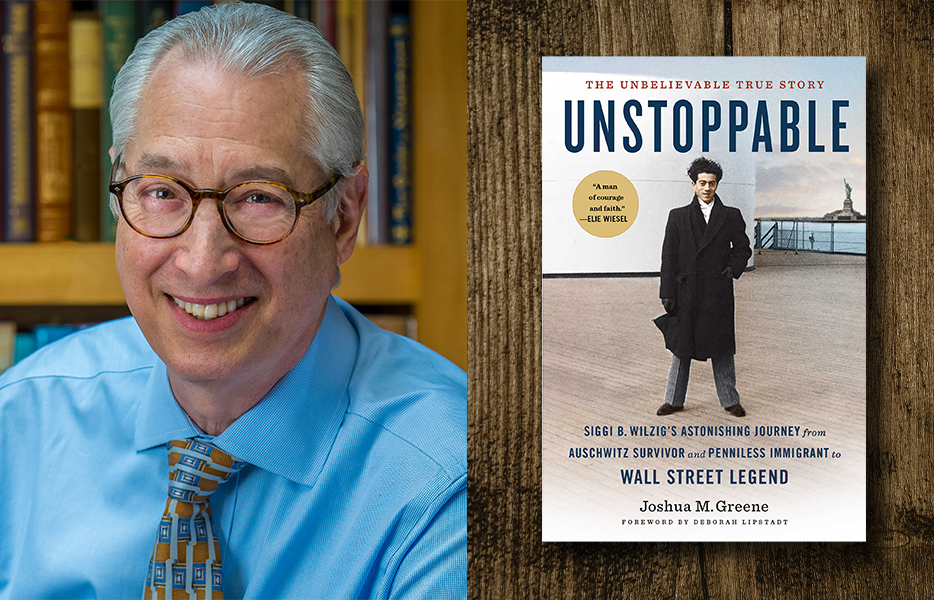
Narratives
The best business history of 2021, Unstoppable: Siggi B. Wilzig’s Astonishing Journey from Auschwitz Survivor and Penniless Immigrant to Wall Street Legend (Insight Editions, 2021), by Joshua M. Greene, tells the remarkable story of a Holocaust survivor. Born in 1926 in Poland, Wilzig lost his parents, three brothers, and a sister to the Nazis. He arrived in the United States in 1947 at the age of 21 with only US$240 and no education beyond grade school. “The Almighty had saved him, and now his job was to grab whatever scraps remained from the rubble of his life and cobble them back together into an edifice of yet-to-be-determined size and shape,” Greene recounts in one of the many instances of lovely writing in his book. Wilzig got his first job shoveling snow for $2 a day, subsequently rising to great heights in banking and oil, two industries in which antisemitism was common.
—Adapted from “Best Business Books 2021: An unstoppable force,” by Bethany McLean
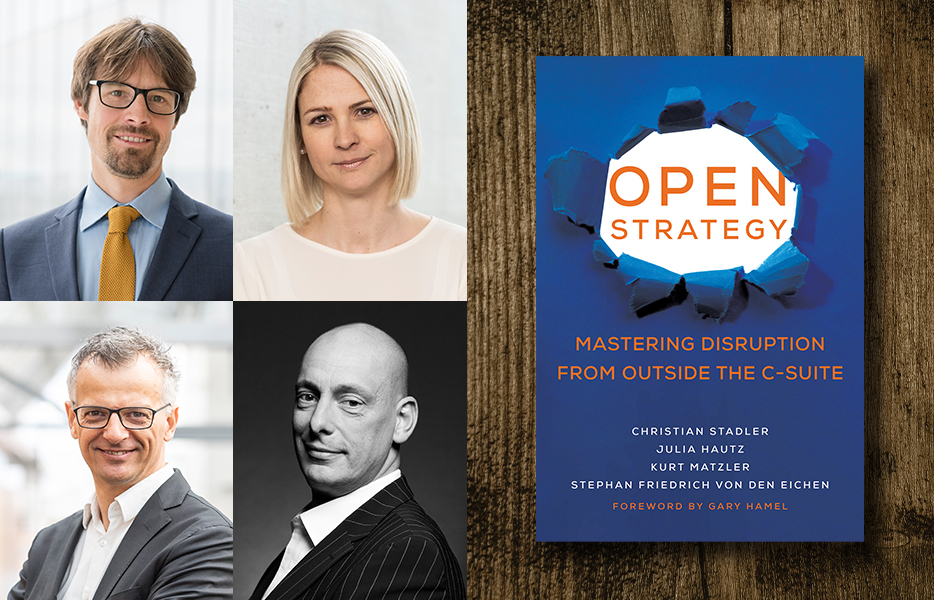
Strategy
Traditionally, a small set of executives develop strategy behind closed doors, then broadcast it to the organization. For leaders to invite others to contribute is often seen as a sign of weakness, diminishing the leaders’ stature, authority, and control. In their substantive and eloquent book, Open Strategy: Mastering Disruption from Outside the C-Suite (MIT Press, 2021), professors Christian Stadler, Julia Hautz, Kurt Matzler, and Stephan Friedrich von den Eichen boldly argue that a lack of openness is a bigger obstacle to success than the wrong strategic framework, a lack of intelligence, or poor consultants. Open strategy is more than a set of tactics or tweaks to an existing strategy. It requires leaders to believe that strategy is likely to be more distinctive and actionable if more people are involved. The authors set out the approach with such granularity and clarity that it is immediately actionable. The visuals are superb, vividly bringing to life the concepts and frameworks. The range and depth of case studies—in business, in the military, and in science from the present day and history—demonstrate the efficacy of the approach.
—Adapted from “Best Business Books 2021: Right out in the open,” by David Lancefield
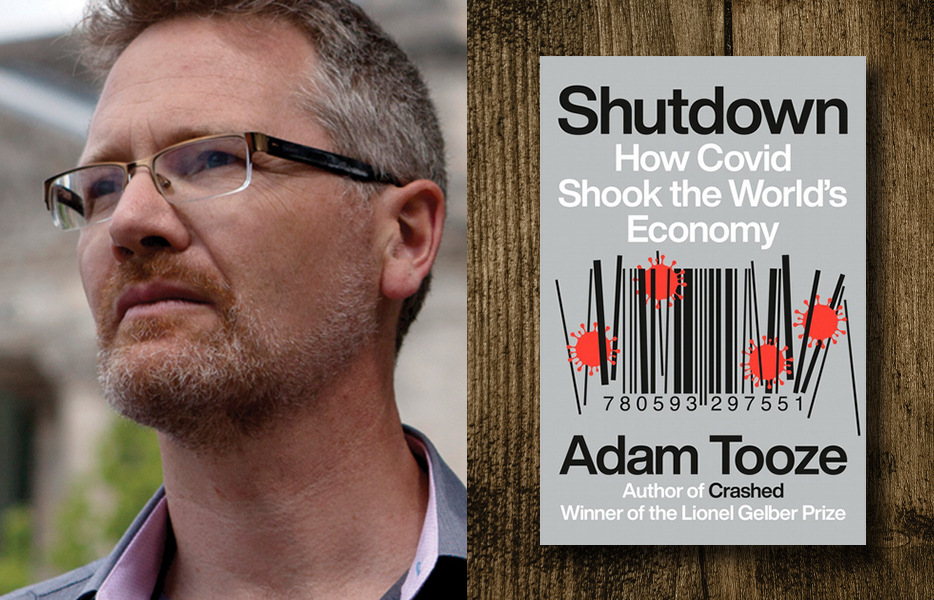
Economics
In Shutdown: How Covid Shook the World's Economy (Viking, 2021), Adam Tooze has produced an instant history that is essential reading for those trying to understand the past two years. Tooze’s narrative is skillfully woven; it extracts meaning from major episodes of the pandemic crisis even as it provides the reader with rich detail, from the ins and outs of political summits to the ups and downs of financial markets. Tooze, a historian at Columbia University, writes that pandemic aside, the world seems to be entering a dangerous new era. And that, above all, is the message Shutdown seeks to convey. To survive this new era, in which old orthodoxies have been thrown aside and new rules apply, we will have to find a vision and a wisdom that has eluded us these past two years. It will not be easy. Tooze closes his book in ominous fashion, with the line, “We ain’t seen nothing yet.”
—Adapted from “Best Business Books 2021: The pandemic rewrites geopolitics,” by Ryan Avent
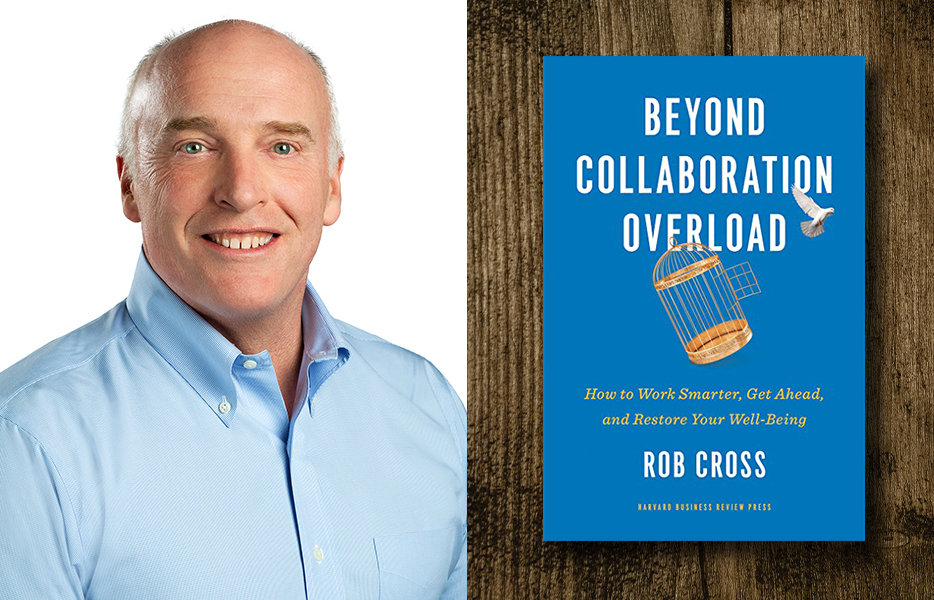
Management
“Today, practically everything you do at work is a collaboration,” writes Rob Cross in Beyond Collaboration Overload: How to Work Smarter, Get Ahead, and Restore Your Well-Being (Harvard Business Review Press, 2021), this year’s best business book on the topic of management. Indeed, Cross finds that 85% or more of employee time is devoted to collaborative activities and that many managers collaborate too much—becoming obstacles to organizational performance and their own well-being in the process. Beyond Collaboration Overload earns its spot among this year’s best business books for several reasons. It disabuses us of the notion that collaboration per se is a good thing. It defines dysfunctional collaboration and identifies its many causes. It provides a host of research-derived tools and techniques for managing collaboration in ways that benefit people and the organizations they work within. And, of course, there’s the welcome prospect of getting one day per week of your life back.
—Adapted from “Best Business Books 2021: Taming collaborative dysfunction,” by Theodore Kinni
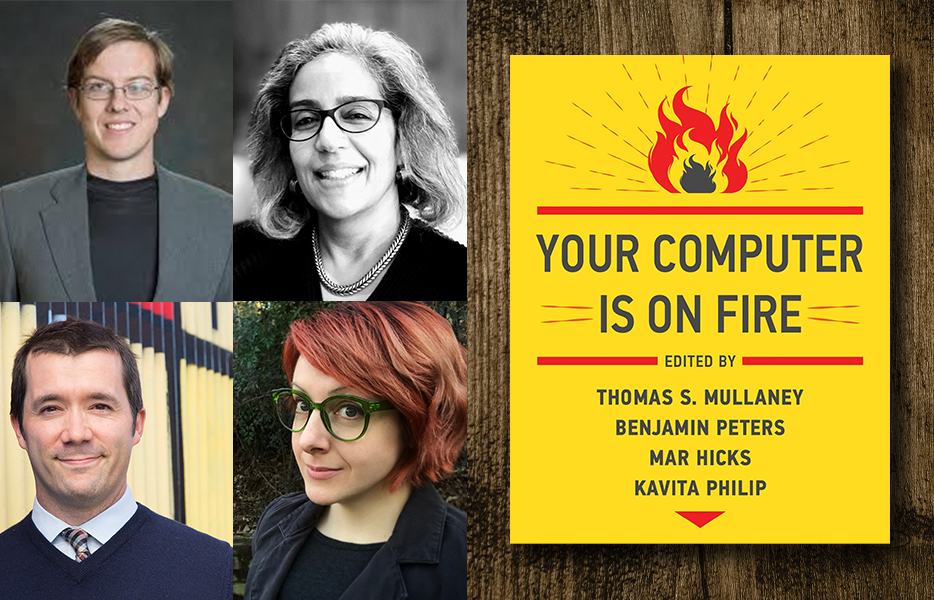
Tech & innovation
How can companies maximize the positive impacts of technology while minimizing all the bad ones? That’s the next great challenge facing corporate leaders, and our system as a whole. And that’s why Your Computer Is On Fire (MIT Press, 2021), edited by Thomas S. Mullaney, Benjamin Peters, Mar Hicks, and Kavita Philip, which is critical reading for business leaders seeking to tackle this question head-on, is the best technology book of 2021. The book consists of 16 essays rather than a single narrative. And they are written by academics for an intended audience of STEM students, humanists, technologists, and social scientists. But executives who make their way through the 400-plus pages of Your Computer Is On Fire will end it more than a little unsettled. The authors fearlessly dismantle the technology industry’s most sacred assumptions, forcing a rethinking of everything we’ve come to accept as true about our digital lives and the multibillion-dollar digital transformations going on inside our companies.
—Adapted from “Best Business Books 2021: The right time to yell ‘fire!’” by Paul Barbagallo
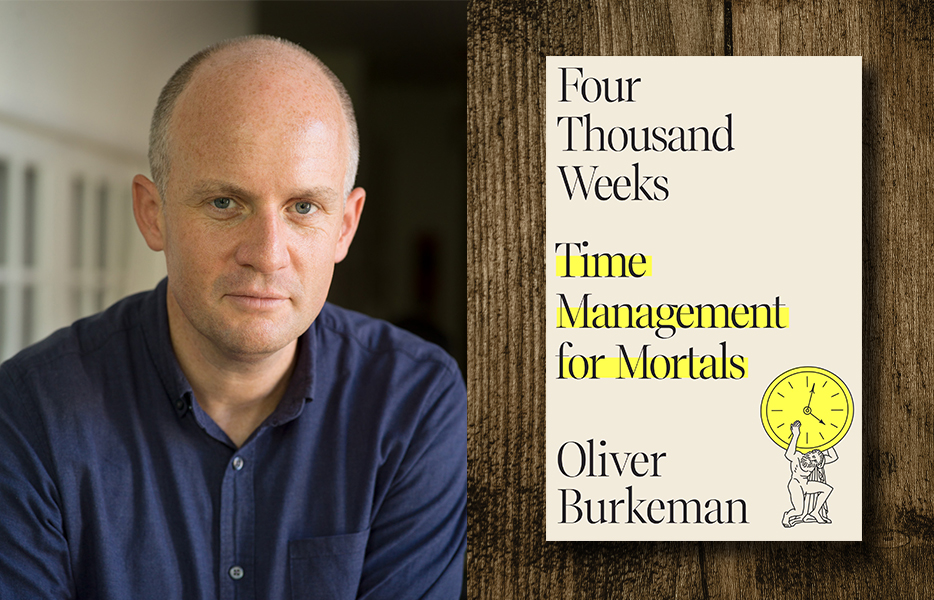
Consumer behavior
Four Thousand Weeks: Time Management for Mortals (Farrar, Straus and Giroux, 2021), by Oliver Burkeman, the year’s best book about consumer behavior, is a book about consumption in the deepest sense, a book about how we spend our time. As Burkeman puts it, in one of the book’s most haunting sentences, “When you pay attention to something you don’t especially value, it’s not an exaggeration to say that you’re paying with your life.” We act as if we have all the time in the world, so that it’s possible to see and do everything we want. And as a result, we’re constantly in fear of missing out. The reality, of course, is that there isn’t time enough to watch everything, read everything, do everything. The task, as it were, is to recognize this and make your peace with it. The book’s real message: recognize your limits, both in terms of how much you can do and how long it will take to do it, and cultivate what Burkeman calls an active, muscular patience.
—Adapted from “Best Business Books 2021: Making attention pay,” by James Surowiecki




